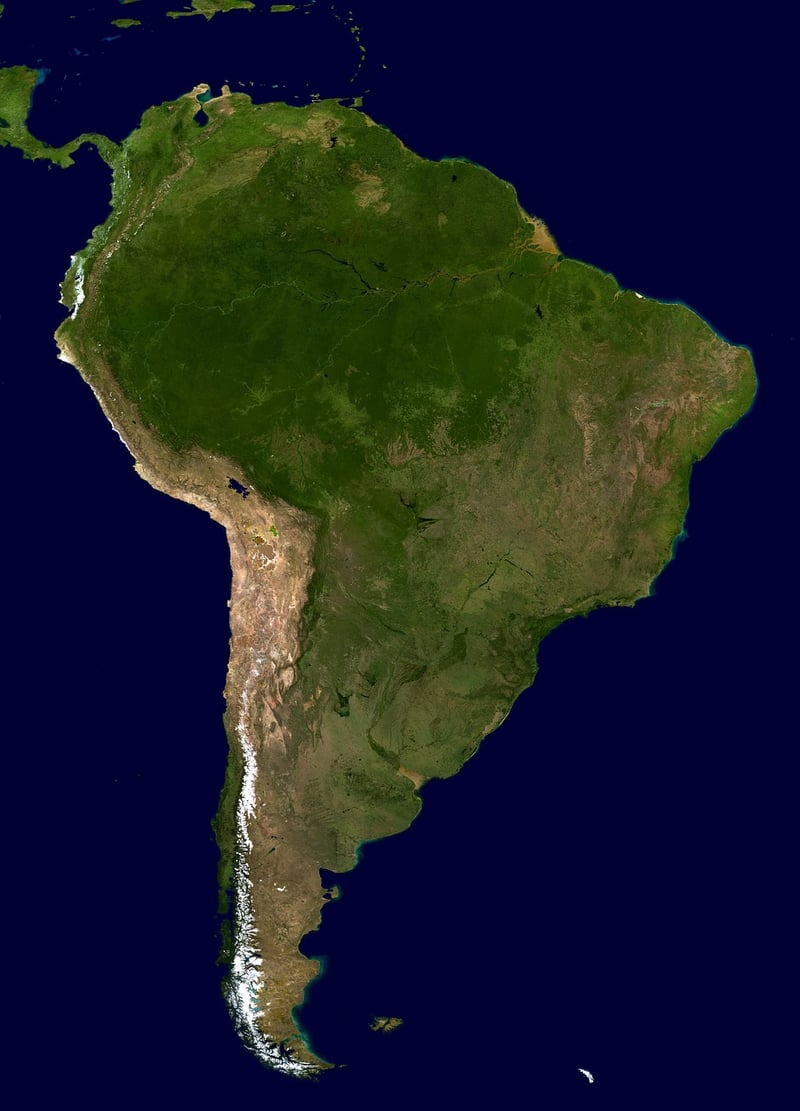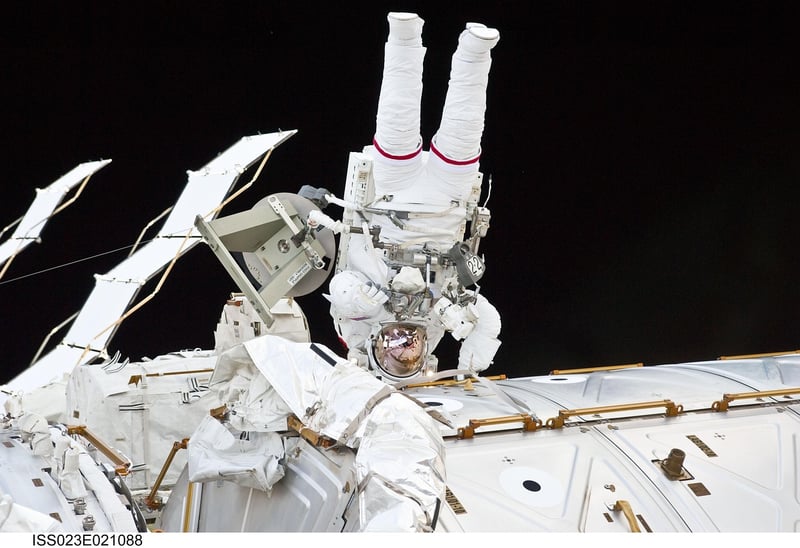Orbital Stations
Establishing Human Outposts and Orbital Stations
Human outposts and orbital stations play a crucial role in expanding humanity's reach beyond Earth, enabling scientific research, commercial activities, and even potential colonization of other celestial bodies. Whether on the surface of a planet or in the vastness of space, these outposts serve as hubs of innovation and exploration.
Human Outposts:
Human outposts on planets or moons provide a foothold for scientific research and resource utilization. They serve as bases for conducting experiments, studying the local environment, and testing technologies that will be vital for future space missions. These outposts also offer the opportunity for long-term habitation, paving the way for sustained human presence in space.
Key Features of Human Outposts:
- Living Quarters
- Laboratories
- Greenhouses for Food Production
- Communication Facilities
- Power Generation Systems
- Resource Extraction Equipment
Orbital Stations:
Orbital stations, such as space stations or platforms in orbit around a celestial body, serve as staging points for missions further into space. These stations provide a microgravity environment for conducting experiments that are not possible on Earth and serve as a gateway for exploring the cosmos.
Advantages of Orbital Stations:
- Microgravity Research Opportunities
- Earth Observation and Monitoring
- Launch and Assembly of Interplanetary Missions
- Testing Ground for Future Space Technologies
As humanity looks to the stars and seeks to establish a presence beyond Earth, human outposts and orbital stations will continue to play a vital role in our journey into the cosmos.


